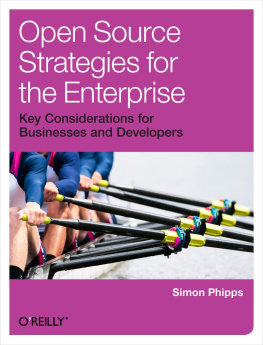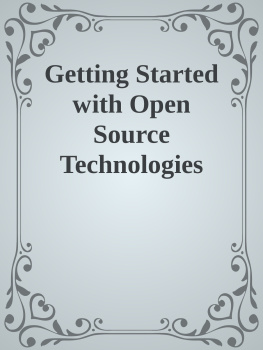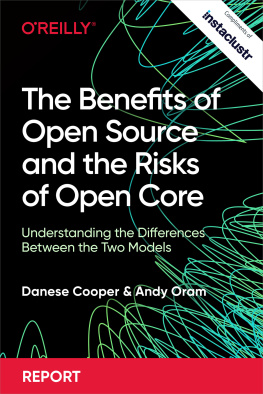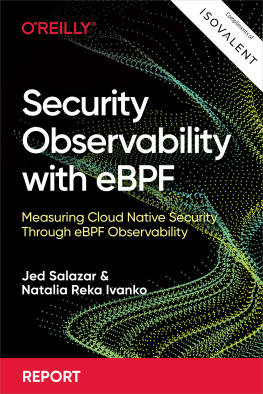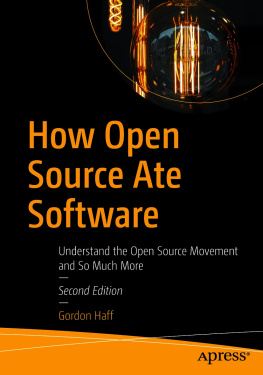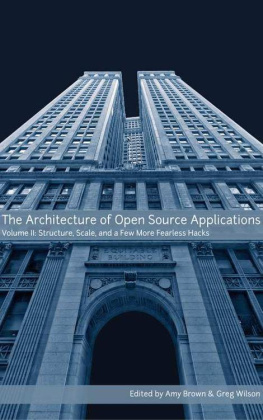Chris DiBona - Open Sources: Voices from the Open Source Revolution
Here you can read online Chris DiBona - Open Sources: Voices from the Open Source Revolution full text of the book (entire story) in english for free. Download pdf and epub, get meaning, cover and reviews about this ebook. year: 1999, publisher: OReilly Media, genre: Computer. Description of the work, (preface) as well as reviews are available. Best literature library LitArk.com created for fans of good reading and offers a wide selection of genres:
Romance novel
Science fiction
Adventure
Detective
Science
History
Home and family
Prose
Art
Politics
Computer
Non-fiction
Religion
Business
Children
Humor
Choose a favorite category and find really read worthwhile books. Enjoy immersion in the world of imagination, feel the emotions of the characters or learn something new for yourself, make an fascinating discovery.

- Book:Open Sources: Voices from the Open Source Revolution
- Author:
- Publisher:OReilly Media
- Genre:
- Year:1999
- Rating:3 / 5
- Favourites:Add to favourites
- Your mark:
Open Sources: Voices from the Open Source Revolution: summary, description and annotation
We offer to read an annotation, description, summary or preface (depends on what the author of the book "Open Sources: Voices from the Open Source Revolution" wrote himself). If you haven't found the necessary information about the book — write in the comments, we will try to find it.
Freely available source code, with contributions from thousands of programmers around the world: this is the spirit of the software revolution known as Open Source. Open Source has grabbed the computer industrys attention. Netscape has opened the source code to Mozilla; IBM supports Apache; major database vendors haved ported their products to Linux. As enterprises realize the power of the open-source development model, Open Source is becoming a viable mainstream alternative to commercial software.
Now in Open Sources, leaders of Open Source come together for the first time to discuss the new vision of the software industry they have created. The essays in this volume offer insight into how the Open Source movement works, why it succeeds, and where it is going.
For programmers who have labored on open-source projects, Open Sources is the new gospel: a powerful vision from the movements spiritual leaders. For businesses integrating open-source software into their enterprise, Open Sources reveals the mysteries of how open development builds better software, and how businesses can leverage freely available software for a competitive business advantage.
The contributors here have been the leaders in the open-source arena:
- Brian Behlendorf (Apache)
- Kirk McKusick (Berkeley Unix)
- Tim OReilly (Publisher, OReilly & Associates)
- Bruce Perens (Debian Project, Open Source Initiative)
- Tom Paquin and Jim Hamerly (mozilla.org, Netscape)
- Eric Raymond (Open Source Initiative)
- Richard Stallman (GNU, Free Software Foundation, Emacs)
- Michael Tiemann (Cygnus Solutions)
- Linus Torvalds (Linux)
- Paul Vixie (Bind)
- Larry Wall (Perl)
This book explains why the majority of the Internets servers use open- source technologies for everything from the operating system to Web serving and email. Key technology products developed with open-source software have overtaken and surpassed the commercial efforts of billion dollar companies like Microsoft and IBM to dominate software markets. Learn the inside story of what led Netscape to decide to release its source code using the open-source mode. Learn how Cygnus Solutions builds the worlds best compilers by sharing the source code. Learn why venture capitalists are eagerly watching Red Hat Software, a company that gives its key product -- Linux -- away.
For the first time in print, this book presents the story of the open- source phenomenon told by the people who created this movement.
Open Sources will bring you into the world of free software and show you the revolution.
Chris DiBona: author's other books
Who wrote Open Sources: Voices from the Open Source Revolution? Find out the surname, the name of the author of the book and a list of all author's works by series.

